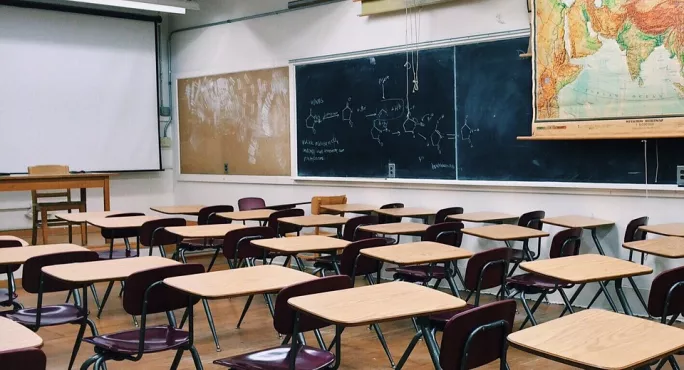The architect of the GCSE is among a group of education heavyweights calling on the government to abolish the EBacc today.
Lord Baker, who brought in the qualification in 1986, is one of three former education secretaries - along with Lord Blunkett and Baroness Morris of Yardley - who have written a letter to current education secretary Gavin Williamson condemning the EBacc (English Baccalaureate).
They blame the GCSE league table measure for “squeezing out” technical, cultural and creative subjects from schools.
The letter has also been signed by former Ofsted chiefs Sir Michael Wilshaw and Sir Mike Tomlinson, as well as former Labour schools minister Lord Adonis and the current chair of the Commons Education Select Committee, Conservative MP Robert Halfon.
To be counted towards a school’s EBacc score, a pupil must have studied English language and literature, maths, at least two sciences, geography or history, and a language
Quick read: EBacc GCSE entries up as other subjects decline
Opinion: ‘We must take this opportunity to consign EBacc to history’
Targets: Ofsted softens stance on schools’ EBacc progress
As reported in The Daily Telegraph, the letter says that the EBacc has “done a lot of damage” to subjects such as design and technology (DT), dance, drama, music and art, which had suffered “absolutely devastating” drops in entries in the past decade.
EBacc ‘has done a lot of damage’
As pupils across the UK prepare to receive their GCSE results on Thursday, Lord Baker said that since 2010, enrolments for DT had fallen by 65 per cent, dance by 46 per cent, drama by 29 per cent and music by 24 per cent.
The letter says the EBacc had been a crucial factor in causing these declines, adding it was “disgraceful” that the new system was still “hanging around”.
It describes the EBacc as a “costly and damaging experiment” that has “failed and is virtually indefensible”.
A Department of Education spokesman said: “The EBacc is at the core of our mission to drive up social mobility by encouraging all young people to take the core academic subjects that are essential for keeping their options open for further study and careers.
“The EBacc, which should be studied with subjects like the arts that reflect pupils’ interests, has been instrumental in halting and reversing the decline in uptake of languages at GCSE.”
The EBacc was established in 2010 by Michael Gove, then education secretary, to stop what he called the “dumbing down” of GCSEs.




